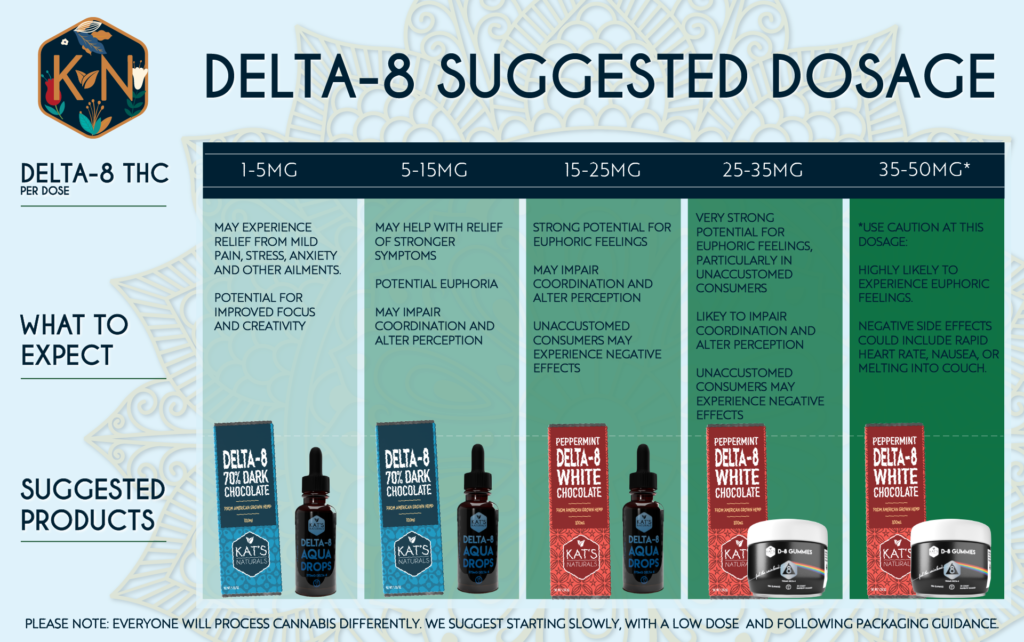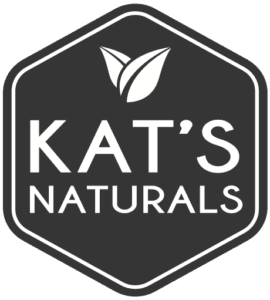No products in the cart.
If you were playing a word association game with friends and someone said THC, undoubtedly, one of the following words would be illegal. For so long, THC and illegal have been synonymous, but Delta-8 THC is throwing a wrench in things. Currently, this compound is federally legal, but it’s still in a gray area, making it easy to wonder how long the cannabinoid will remain on the market.
What is Delta-8 THC?
Like Delta-9 THC and CBD, Delta-8 THC is a cannabinoid. More specifically, Delta-8 is a degraded form of Delta-9 that naturally occurs in the cannabis plant. However, because it’s available in low quantities, Delta-8 THC is not as easy to get as other cannabinoids. Typically, brands have to use selective breeding and molecular isolation or chemical processes that synthesize Delta-8 THC from CBD.
What is Delta-8 THC vs. Delta-9 THC?
Despite the similarities in their names, Delta-8 THC and Delta-9 THC have a few main differences. Firstly, Delta-9 THC is a cannabinoid that most people are familiar with, as it is more common amongst marijuana users. However, there are three other ways in which the two compounds differ.
- Chemical structures: Delta-8 THC and Delta-9 THC have different chemical structures. Both compounds have double bonds in their molecular chains, but with Delta-8, the bond is on the eighth carbon chain, and with Delta-9, the bond is on the ninth carbon chain. This variance might seem like a minute difference, but the position of the bond has a significant effect on the shape of the molecules. And the shape of the molecules affects how well they bind to endocannabinoid receptors.
- Affinity for CB1 receptors: Although both Delta-8 THC and Delta-9 THC bind to the CB1 receptor when inhaled, their respective affinity for the receptor is different because of their dissimilarities in molecular shape. Since the CB1 receptor is primarily involved in handling the psychoactive properties of THC, this difference in binding affinity might be the reason why Delta-8 THC provides a clearer, less anxious high than Delta-9 THC.
- Stability: Delta-8 THC is more stable than Delta-9 THC. The reason for this is because Delta-9 THC quickly degrades into cannabinol (CBN) or Delta-8 THC, while Delta-8 THC doesn’t break down into anything. Also important, Delta-8 THC has a longer shelf life than Delta-9 THC, allowing you to enjoy it for a longer period of time.
These differences are important, but they can be tough to parse through since they’re so subtle. However, the same is not true for Delta-8 THC and CBD, which have much more clear-cut differences.
What is Delta-8 THC vs. CBD?
The starkest difference between Delta-8 THC and CBD is that Delta-8 will get you high, while CBD will not. Still, other differences between Delta-8 THC and CBD exist and include the following:
- Delta-8 THC can lead to a failed drug test, while CBD cannot.
- Hemp plants hold CBD in higher concentrations than they hold Delta-8 THC.
- Delta-8 THC is great for recreational and medicinal purposes, while CBD is well-known for its medicinal and therapeutic properties.
- Delta-8 THC binds to CB1 receptors in the endocannabinoid system, while CBD has indirect interactions with CB1 and CB2 receptors.
While these differences exist, CBD and Delta-8 THC do have some similarities as well. Most of what they have in common comes down to the fact that they both offer benefits for your health and wellness.
What are the potential benefits of Delta-8 THC?
Delta-8 THC is the focus of a lot of exciting research, with scientists continuously studying its therapeutic properties. Currently, studies suggest that the cannabinoid has significant medicinal potential.
For example, in a 2018 study on mice, researchers discovered that topical Delta-8 THC helped reduce pain and inflammation in cornea injuries.
Additionally, according to a 1995 study, Delta-8 THC can help fight nausea. When researchers examined pediatric cancer patients for over two years, they found that consuming Delta-8 THC before and for 24 hours after cancer treatment prevented vomiting.
Another potential benefit is that Delta-8 THC may act as an appetite stimulant. A study on mice found that taking low-dose Delta-8 THC over a period of time resulted in a 22% increase in food intake.
Is Delta-8 legal?
Unfortunately, while the answer to this question is yes, the legal status of Delta-8 THC isn’t quite so simple. Firstly, Delta-8 THC isn’t legal in all states, and in some states, it might not be legal for long.
As of July 2021, medical marijuana is legal in 37 states, and recreational marijuana is legal in 18 states. However, hemp-derived Delta-8 THC is in a different category.
The United States 2018 Farm Bill states that CBD products are federally legal as long as they do not contain more than a 0.3% of Delta-9 THC. However, Delta-8 THC is not mentioned in the bill. To make matters even more confusing, the bill also states that, aside from Delta-9 THC, the isomers of any part of the hemp plant are considered legal. Delta-8 THC is an isomer of CBD, which has led brands to realize that, due to this loophole, they can produce Delta-8 THC products legally.
Thus, several states have specifically banned Delta-8 THC, including states where marijuana is legal. This backlash is likely due to a lack of regulation of Delta-8 THC products, whereas Delta-9 THC is subject to rigorous scrutiny in legal states. In other words, proceed with caution if you decide to try Delta-8 THC remedies. Even if it is currently legal in your state, this could change at any time.
How long will Delta-8 THC remain legal?
It is likely that a federal response to the legality of Delta-8 THC will come from the Drug Enforcement Administration (DEA). Anecdotal evidence suggests that the DEA is monitoring the popularity and quantities of Delta-8 THC in the marketplace.
One of the critical points in the confusion surrounding Delta-8 THC is the lack of regulation. The cannabis industry—where Delta-9 THC products are available—is highly regulated because brands sell it as an intoxicant. However, because Delta-8 THC is in a gray area, it is currently being sold on the open market. And while companies like Kat’s Naturals do contaminant and batch testing to ensure its Delta-9 THC remedies are safe, not every band takes this step because they don’t have to.
Consequently, because there is a lack of testing and quality control, it is unclear how long Delta-8 THC will remain legal.
How can you find safe Delta-8 THC products?
For the most part, the Delta-8 THC remedies you see on the market come from the CBD industry. And the CBD industry is still relatively unregulated, so it is up to you to thoroughly research companies before purchasing products from them.
There are three essential steps to implement when searching for a safe, high-quality Delta-8 THC product:
- Get the Certificate of Analysis (COA): Reputable CBD companies will be more than happy to provide you with the most recent COA. Once you have this document, you should call the lab and ask if the CBD company tests with them regularly. Taking this step will ensure you don’t buy from companies that reuse test results without testing new batches of their products.
- Connect with customer service: The aim when speaking with customer service is to ascertain how knowledgeable their team is on Delta-8 THC. A reputable brand’s team should be educated enough on their products to provide you with clear answers to your questions. If they can’t, or if your questions are brushed off, the company might not be reputable.
- Look at external sources: Remedy Review has tested products from various CBD companies and provided a detailed report of these brands. Visiting this site is a great way to see whether a CBD brand is credible. Additionally, it’s a good idea to visit sites like TrustPilot to see what other customers are saying about a CBD company.
Safety first
If you’re considering Delta-8 THC products, do your due diligence. First, make sure the cannabinoid is legal in the state you reside in. Then, be sure to research brands before making a purchase. Quality is so important when it comes to CBD and THC products, so be safe and thoroughly vet a brand before purchasing.
Be sure to sign up for our email newsletters to ensure you have access to the best Delta-8 products!





